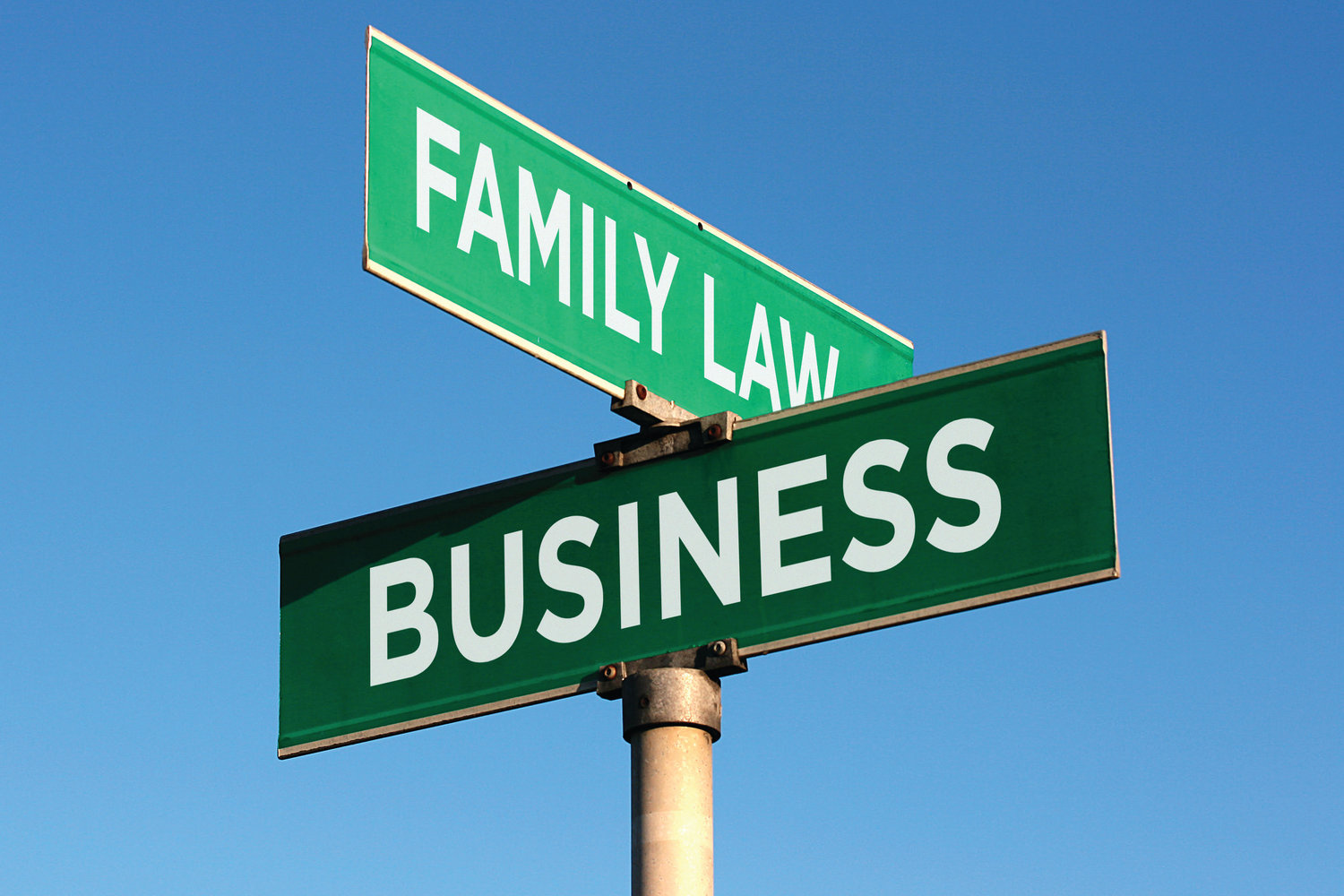At the intersection of family law and business
Zisser Family Law
As a Florida Bar board certified marital and family lawyer with over forty years of experience, I can attest to the changes in the types of cases now being handled by Family Law courts in our area and across the country. As a young lawyer I saw cases mostly about child custody, with the loser being limited to about four overnights monthly on alternate weekends from Friday night to Sunday evening. Now, “custody” is instead called “timeshare,” and in most instances, even the non-prevailing party receives about forty percent of the time. Child support is determined by an income and time-sharing formula usually arrived at on a computer. Alimony is not yet determined by formula in Florida as it is in others, and alimony reform bills are before the Florida legislature as you read this article. Alimony is less of a factor unless the income disparity between the parties is great.
If this is the case, why are divorces so complicated, time consuming and costly? Florida used to be a title state. Whoever’s name appeared on the title owned the asset, be it a parcel of real estate, automobile, shares of a publicly traded stock, or a closely held business. Starting by caselaw in 1980 and later by statute, Florida adopted the theory of equitable distribution. Similar to community property, assets acquired during the marriage, if not by specific gift or inheritance, were considered marital. Even if not capable of being split in half, their value would have to be determined and equalized through allocation of other assets or paid over time. This was a game changer.
Experts had to be hired to value real estate, art, personal property, but most of all, businesses. Sub-specialized certified public accountants and business valuators that previously never testified in divorces, became common. Theories of valuation had to be tested, refined and held up to accepted principles. The relevance of an owner’s personal reputation and its application to the success of the business had to be determined and often excluded. Earnings trends in the business and industry as a whole had to be evaluated and rate of growth predicted. Tangible assets of the company had to be valued, rather than just depreciated on a schedule. Discounts for minority interests and difficulty in potential sale had to be factored in. Allegedly comparable sales had to evaluated to determine just how comparable they were.
Each expert would write a report. The results of competing experts are often wildly divergent, and the owner is allowed to express his or her opinion of value. The validity of the opinions is then tested by the lawyers at a deposition. The worth of the business is often the most valuable asset in the property division calculation, but it is the most illiquid. Tax effects would have to applied to values.
Instead of the cross accusations of bad conduct and name calling, divorces are now more commonly dealt with as business deals. Business factors are applied. Business experts and accounting professionals apply mathematical and scientific principles which are effectively communicated by lawyers — truly the convergence of Family Law and business.










